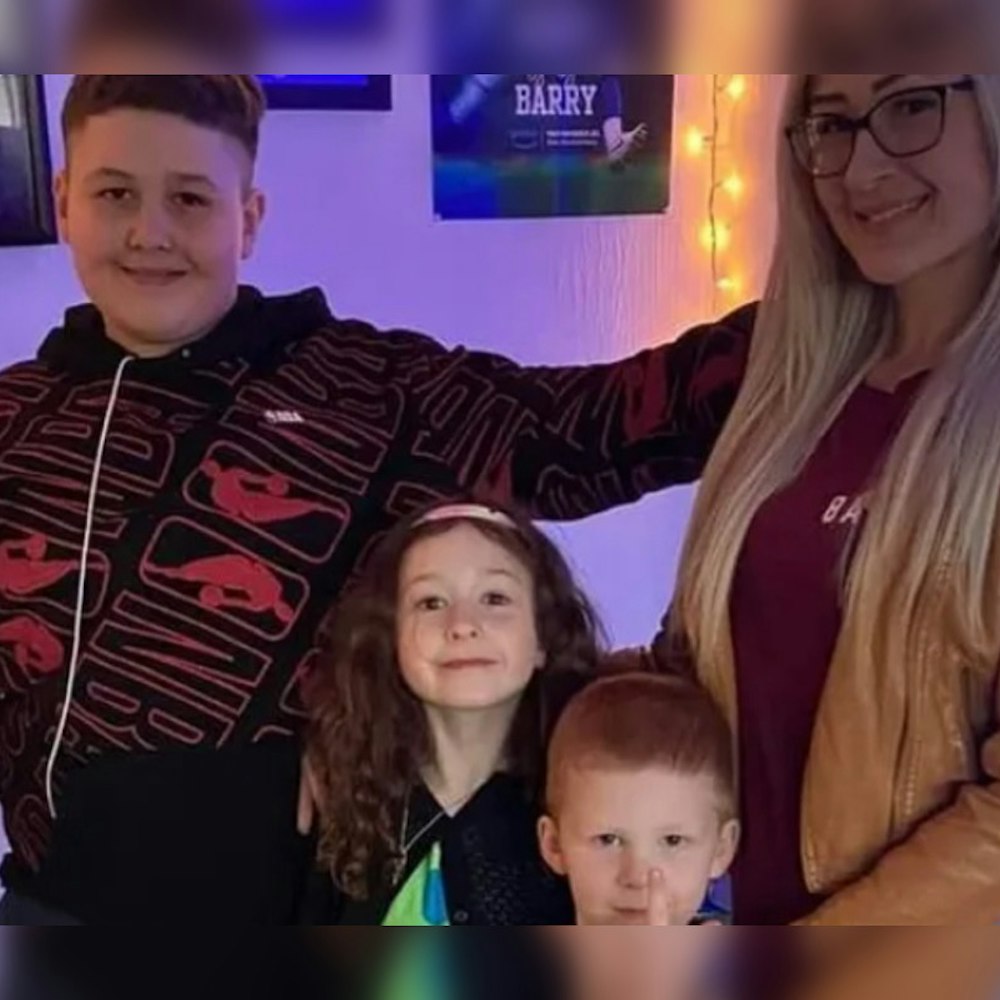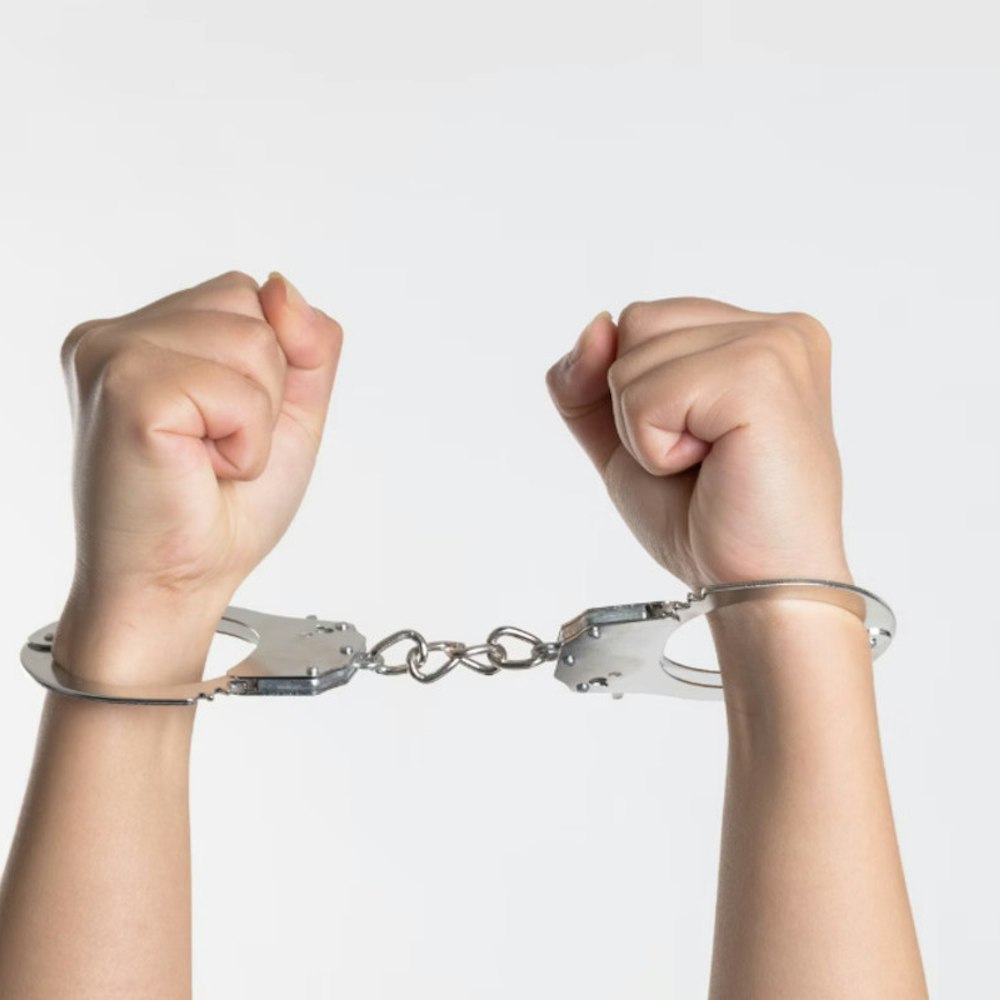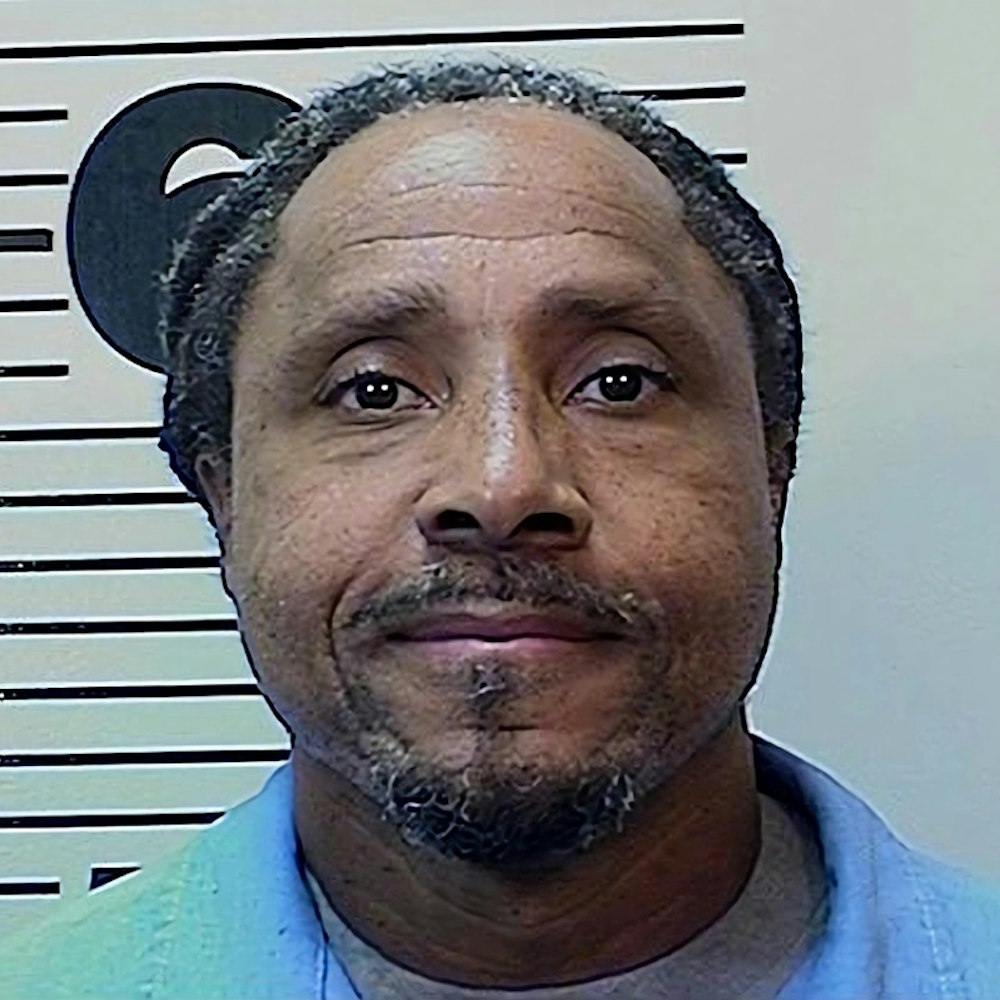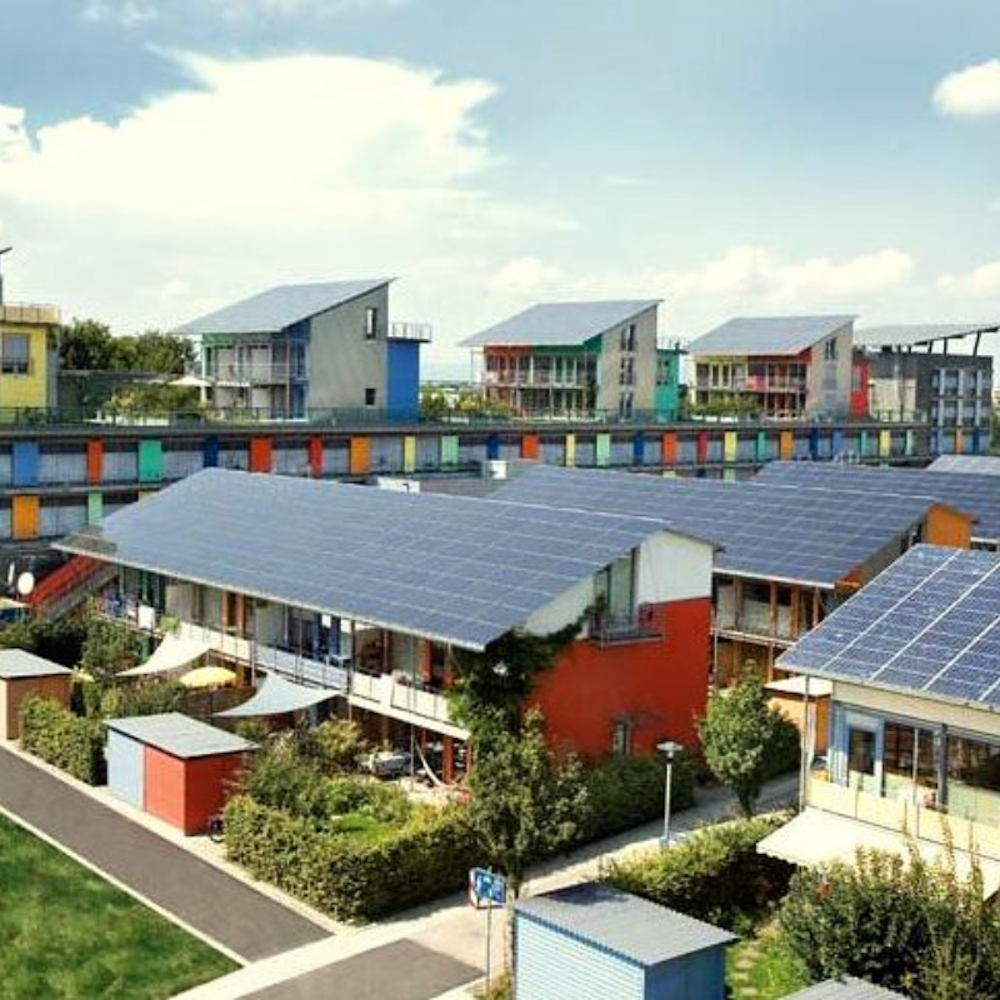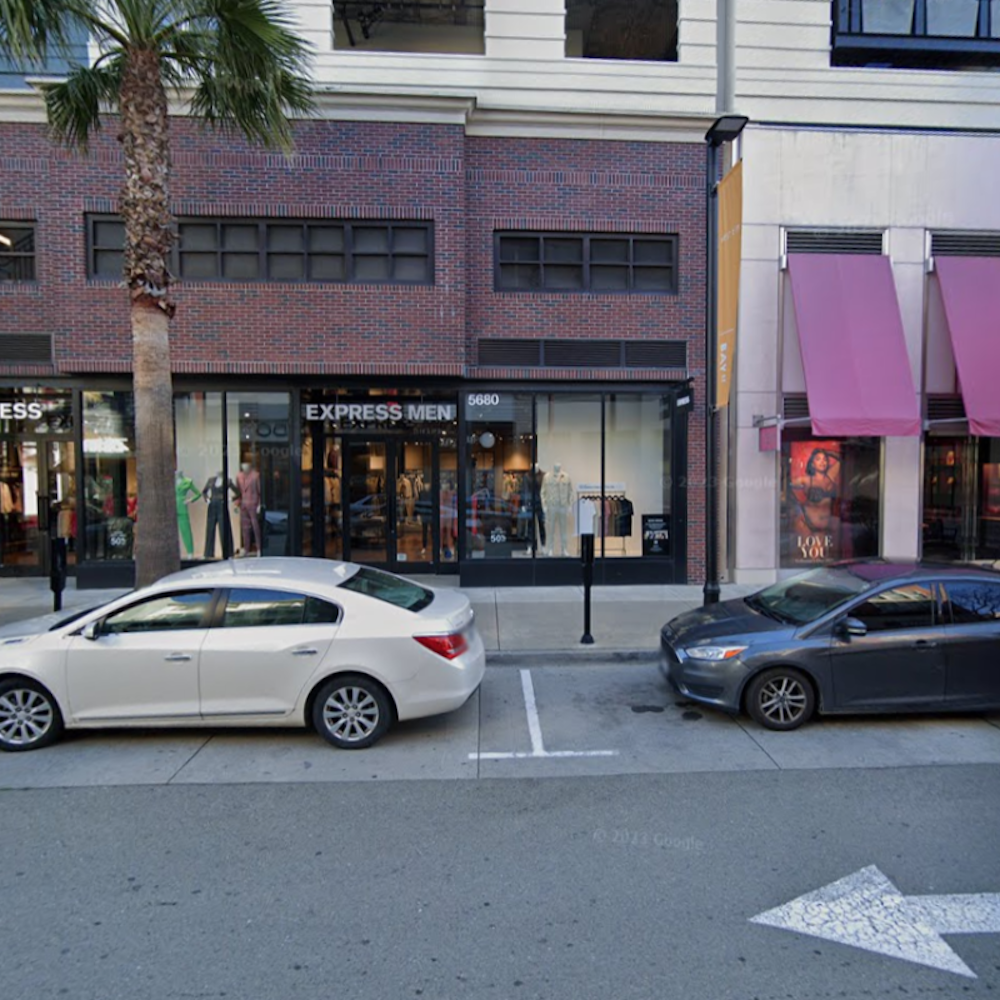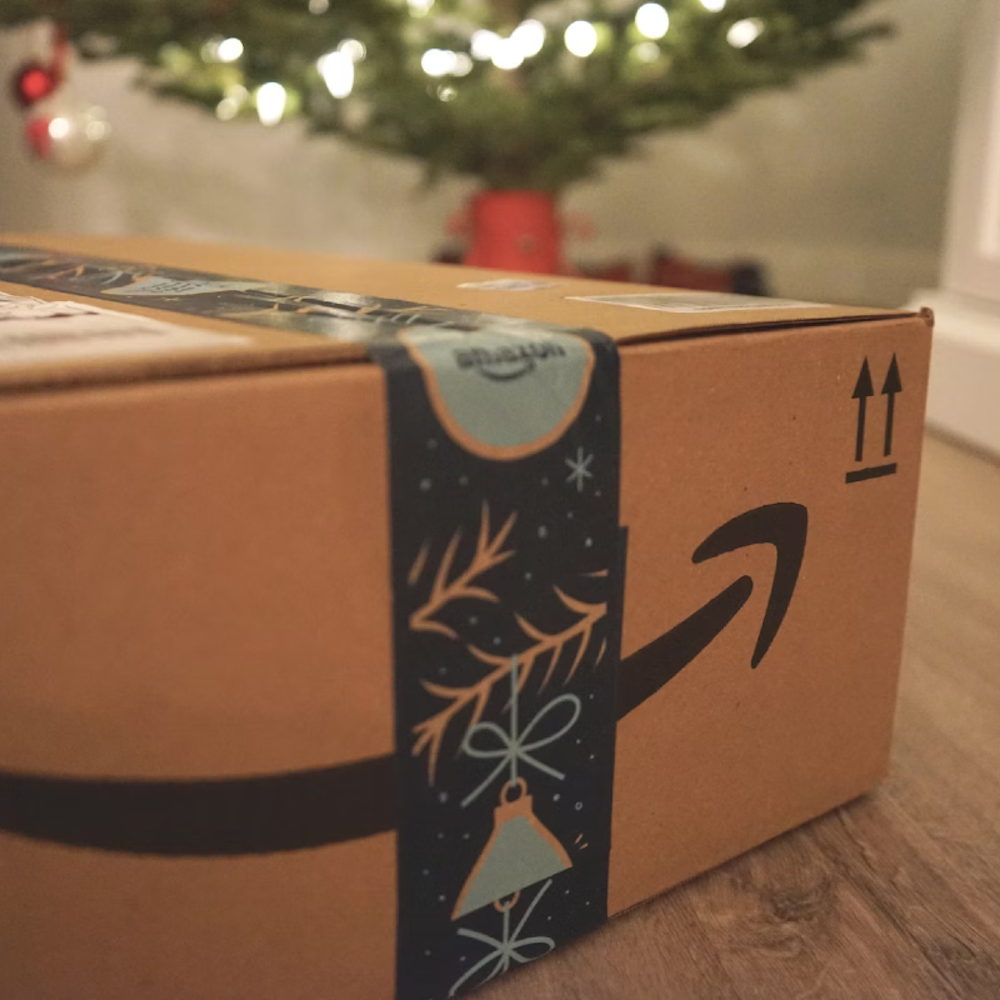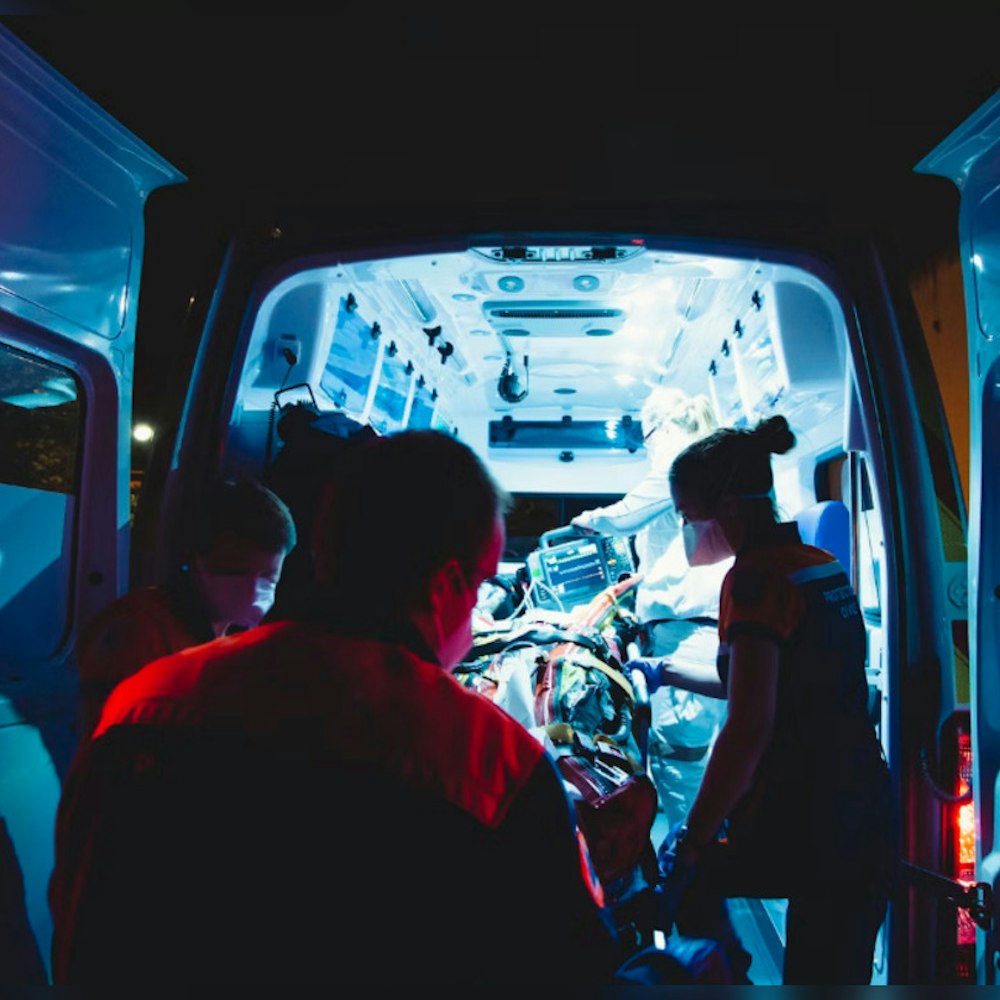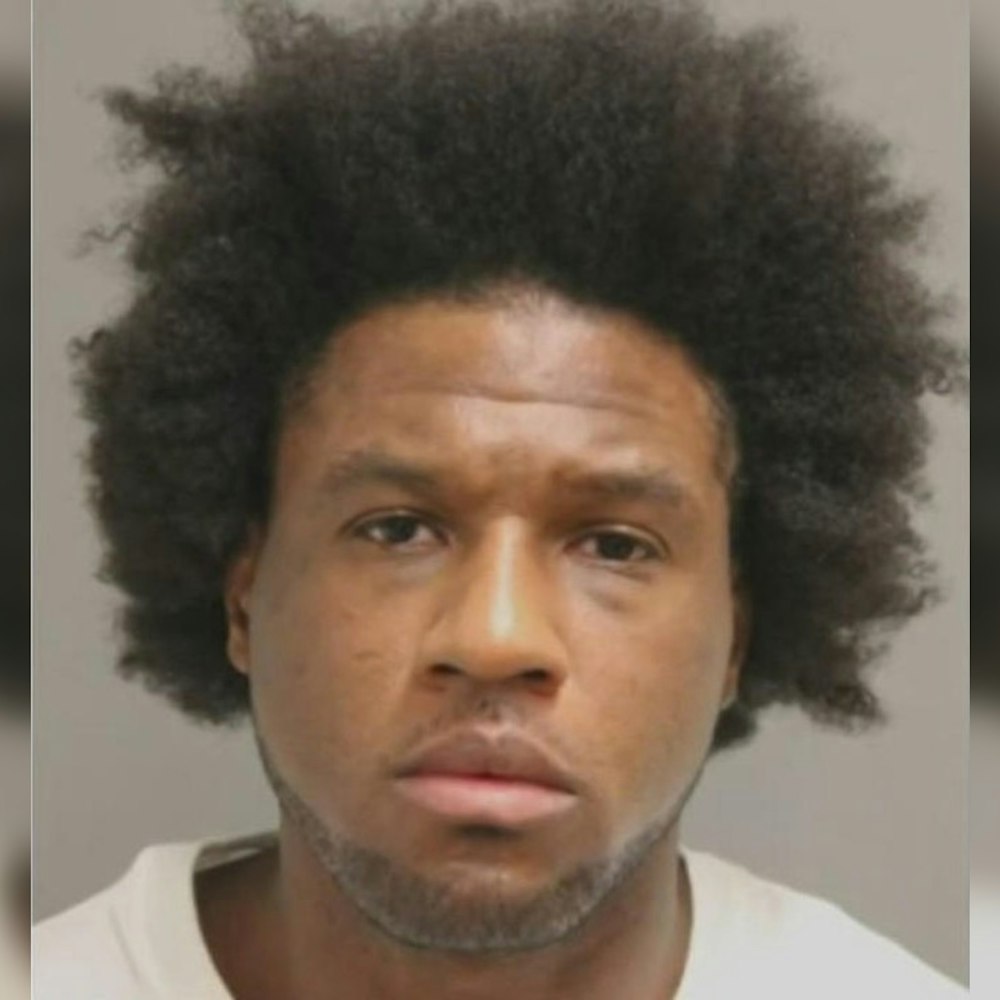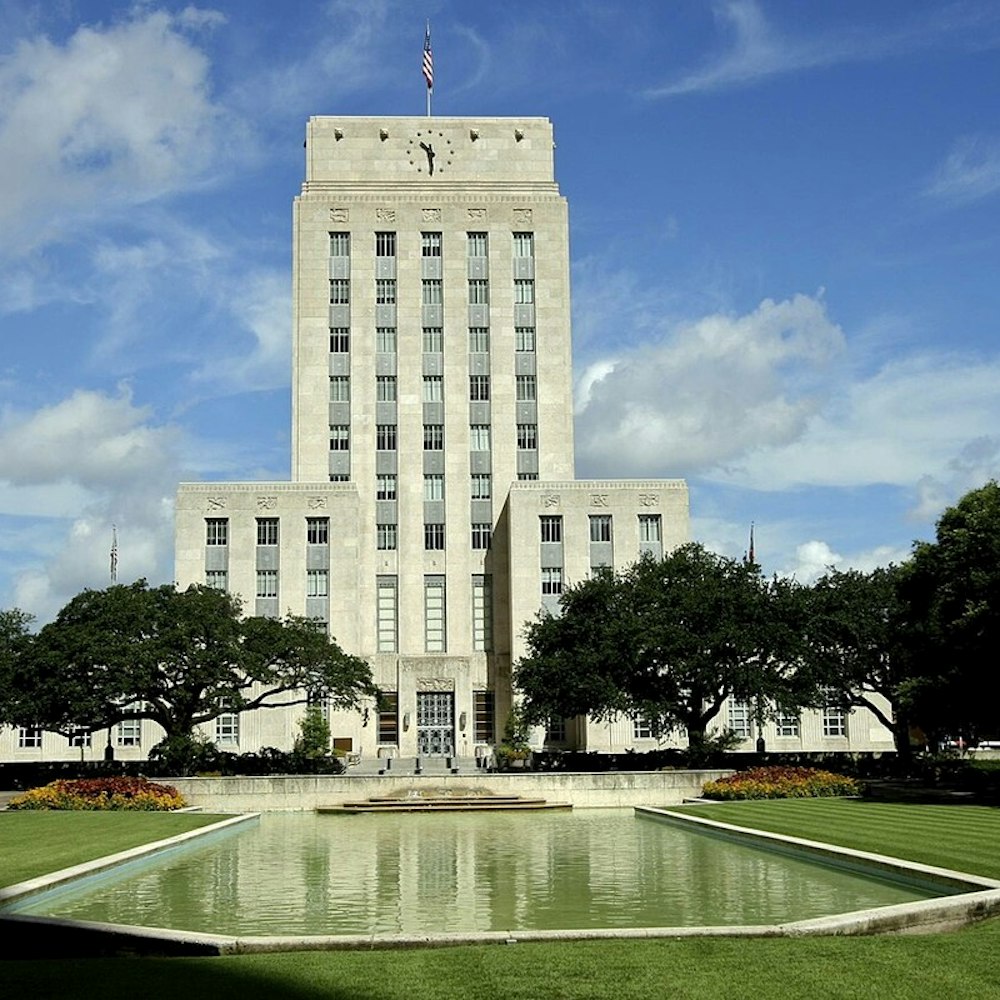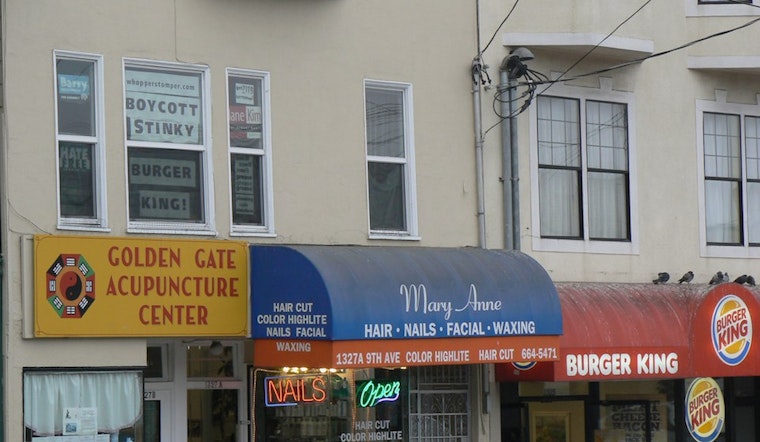
Formula retail is part of the Inner Sunset streetscape, with Jamba Juice, Starbucks and Posh Bagel all operating for years at the intersection of 9th & Judah. Recently, a new Quickly tea location opened without going through the proper permitting process and is now closed by city order, an example of what happens when business owners run afoul of formula retail regulations .
While researching how San Francisco's laws for chain stores came to be, we discovered that a contentious fast food restaurant on 9th Avenue was one catalyst for the switch to tighter rules for chain retailers. Read on for the backstory on how it all went down.
In November 1996, Eddie Szeto successfully obtained a building permit to open a new Burger King at 1325 9th Ave. Because the space was less than 1,000 square feet, no Planning Commission hearing was required, but neighborhood opposition coalesced quickly. "First, we had to deal with Blockbuster; now, it's Burger King," the Inner Sunset Merchants Association's then-president Rolf Mueller told the Chronicle. "We will fight them to the core." Residents had successfully blocked Blockbuster from opening a mega store at 9th & Irving in 1995.
"I was very surprised by the opposition," Szeto told us recently. "There are chain operations everywhere. Hundreds of thousands of San Franciscans go to chains all the time," he said, citing banks, supermarkets and pharmacies. "Why they opposed a chain, I have no idea. We were just opening a place, offering meals at affordable prices."
Even though Szeto received permission from the Board of Permit Appeals to proceed with the Burger King, the Board of Supervisors' Housing and Land Use Committee decided to take up the issue the following month. After almost two hours of testimony, the body decided that it lacked jurisdiction to intervene.
After the Burger King opened for business, tensions persisted between the restaurant and its detractors. A neighbor in an adjoining apartment even posted protest signs in his windows (pictured above). After a series of escalating confrontations, Szeto obtained a restraining order against a man who claimed he could no longer open his windows because of the restaurant's ventilation.
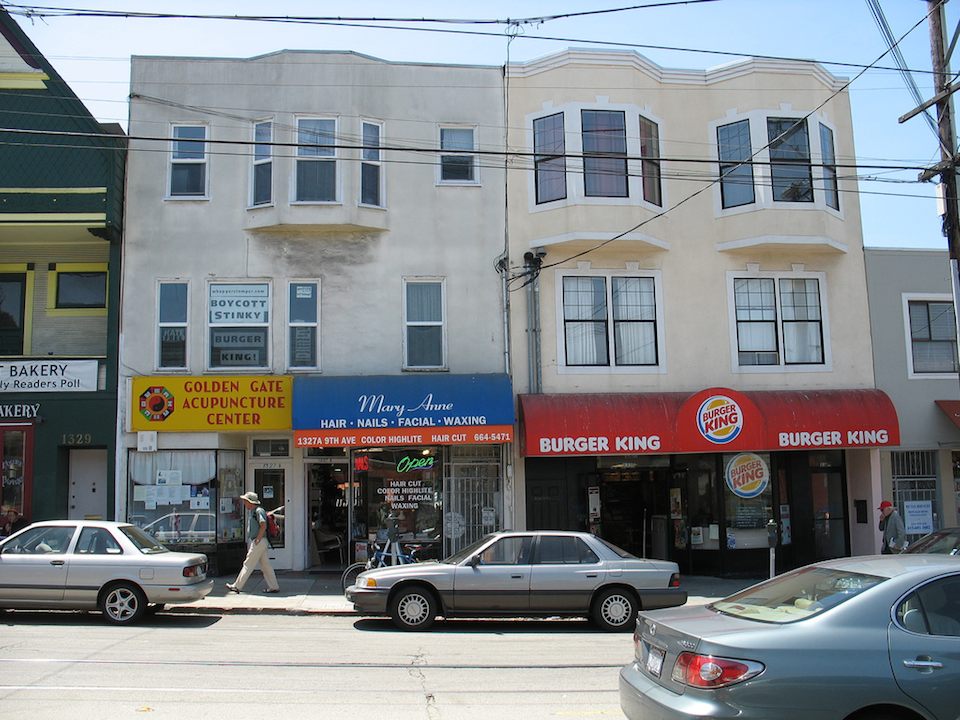 Burger King in May 2006 (Frank Farm/Flickr)
Burger King in May 2006 (Frank Farm/Flickr)
In February 1997, the Chronicle reported that vandals splattered paint on windows and hurled glass bottles into the store. After anti-Chinese flyers were found nearby, former Supervisor Leland Yee called for an investigative hearing and a hate-crime investigation. Szeto's was the first of several Asian-owned businesses to be targeted that year, prompting town meetings and volunteer efforts to remove swastikas and replace broken windows.
That spring, the Board of Supervisor's Housing and Neighborhood Services committee approved an 18-month moratorium on new liquor licenses in the Inner Sunset. Shortly thereafter, legislation was passed to create an Inner Sunset Neighborhood Commercial District that required neighborhood notification of any changes in use to retail spaces. In the case of Burger King, opponents said they weren't able to find any project permits on file.
As part of his platform in the 2003 mayoral race, then-Supervisor Matt Gonzalez proposed citywide legislation for formula retailers. Gonzalez, a late entrant in the race, had already called for new rules to cover coffee shops and pharmacies. When other candidates endorsed ideas for giving residents a louder voice in the permitting process, Gonzalez expanded his plan to cover more businesses.
Under the rules he proposed, chain stores would be required to send neighbors written notifications with details about their plans. Residents could then ask Planning to review proposals or hold a public hearing before the body voted a project up or down.
Upon taking office in January 2004, Mayor-elect Gavin Newsom announced a new probe of the Department of Building Inspection, the city agency that grants permits. The agency had been the target of multiple FBI corruption investigations regarding allegations of favoritism. The following year, DBI official Gus Fallay was charged with bribery and perjury, but charges were dropped in 2007 when a deadlocked jury failed to convict.
On March 23rd, 2004, the Board of Supervisors approved new restrictions on chain stores, which were then defined as companies that had more than 11 locations nationally and two or more characteristics, such as employee uniforms, signage, color schemes, facades, trademarked merchandise and decor. The law was later amended to cover all businesses with 11 or more global locations, which is the regulation in effect today.
After 10 years, Szeto closed the Inner Sunset Burger King in 2007. "I had other business interests, and the lease was coming up," he told us. Today, the former burger joint is home to Nabe Restaurant. "San Francisco is an interesting place to do business," said Szeto.
